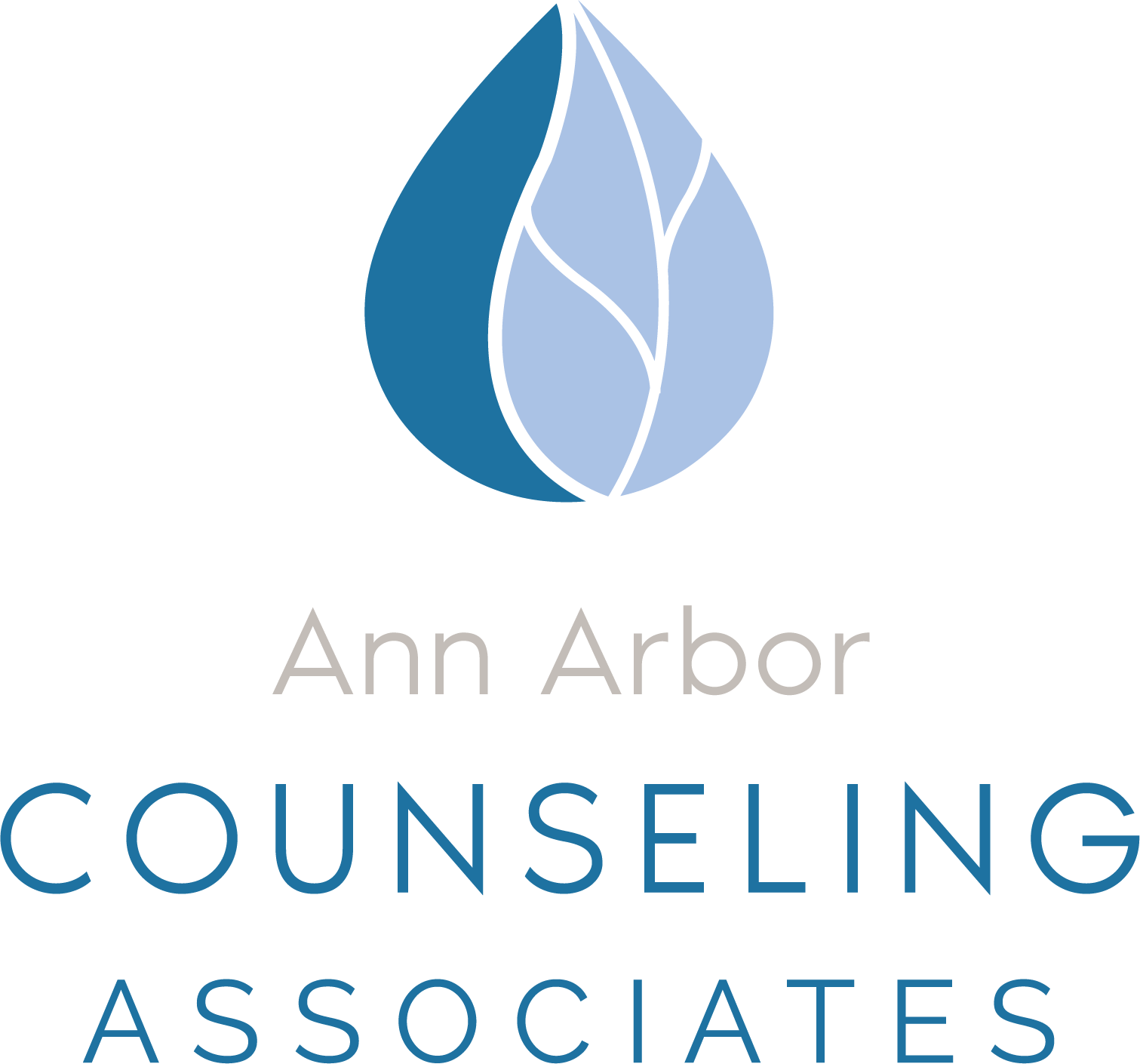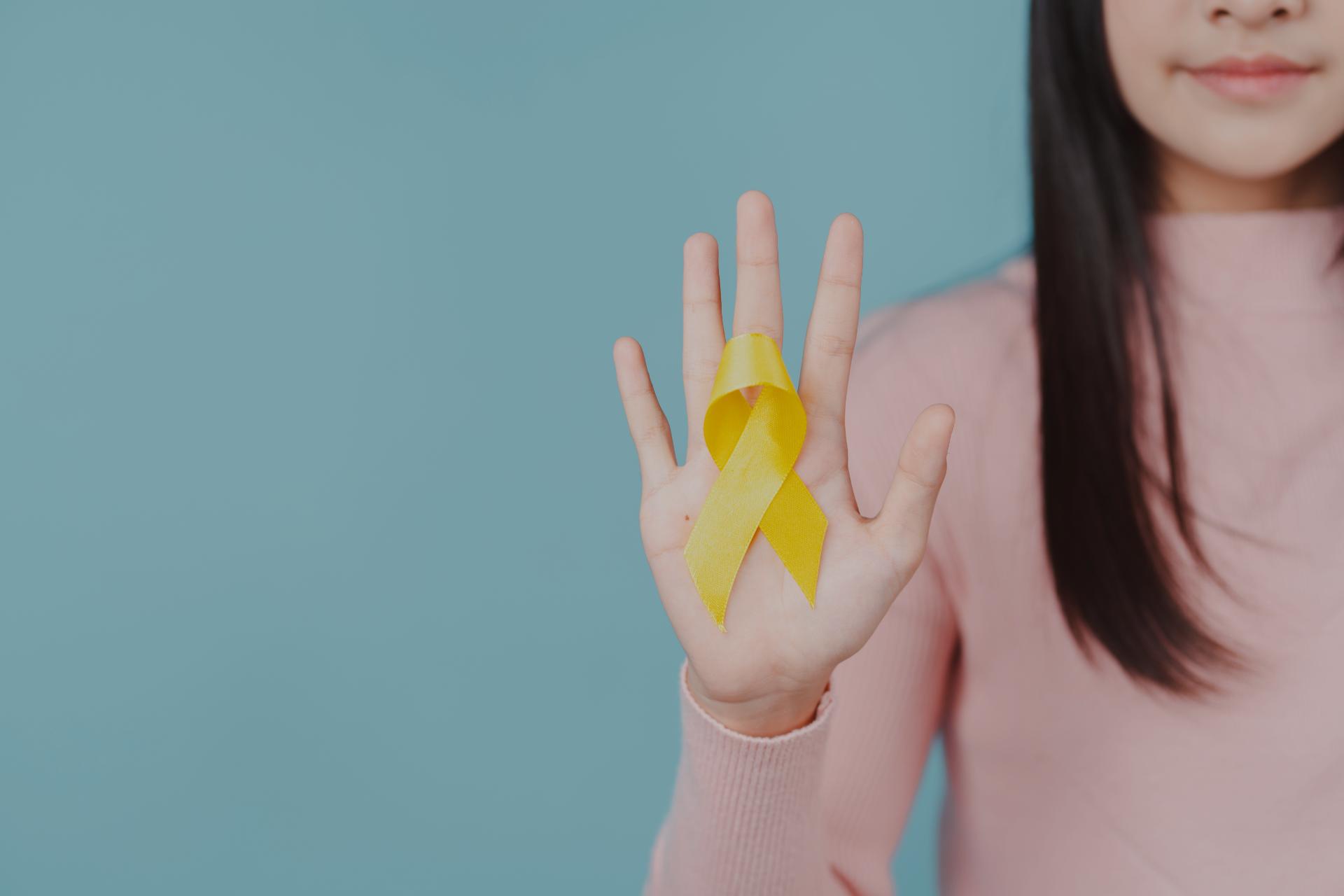Content Warning: Suicide, Suicidal Ideation
September is Suicide Awareness Month, which is a time for us to raise awareness, spread information, and normalize conversations around receiving support when experiencing suicidal thoughts.
- In the United States, suicide is the 2nd leading cause of death among people aged 10-34.
- In the United States, suicide is the 10th leading cause of death among all age groups.
It’s important to recognize the signs of suicidal ideation.
Some clear signs that someone is suicidal might be:
- Mood swings
- Aggressive behavior
- Talking about feeling trapped
- Talking about being hopeless
- Talking about feeling like a burden to others
- Talking about being in unbearable pain
- Threatening to kill themselves or joking about killing themselves
More subtle signs include:
- Avoiding socializing for no reason
- Indifference about decline in work/school performance
- Increased use of alcohol or drugs
- Decline in personal hygiene and positive habits
- More careless about taking medications properly
- No longer keeping chronic health issues under control
- Engaging in riskier behaviors, like reckless driving
- Talking about feelings of guilt or shame
- Buying weapons or supplies that could be used for self-harm
How can you help?
- Encourage them to talk about how they are feeling.
- Be non-judgemental and try not to criticize or blame them.
- Assess for suicide.
- If you’re unsure if someone is having suicidal thoughts, you can ask:
- “Are you thinking about suicide?”,
- “Are you having thoughts of ending your life?”, or
- “Are you thinking about killing yourself?”
- If the answer is yes to any of the questions above, ask the following:
- “Do you have a plan to take your own life?”
- “Have you thought of how you would do it?”
- “Do you have the means or materials available to act out your plan?” If so, “What and where are they?”
- “Have you decided when you would do it?”
- If the person has a plan, they could be at high risk for suicide.
- If you’re unsure if someone is having suicidal thoughts, you can ask:
- If the person is actively suicidal and has a plan, call 911 immediately.
- Do not ever leave a person whom you feel is “high risk” for suicide alone, even for a minute.
- Encourage them to seek professional help and help them find a knowledgeable mental health professional.
Resources:
How to Help Someone You Know Who is Suicidal
Suicidal Thoughts – How to Support Someone
Suicide Prevention Awareness Month (SPAM)







